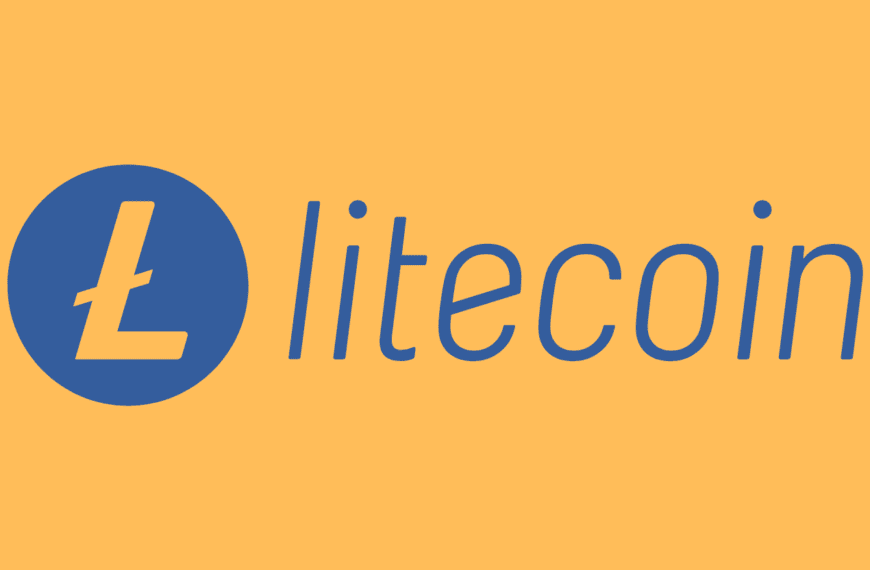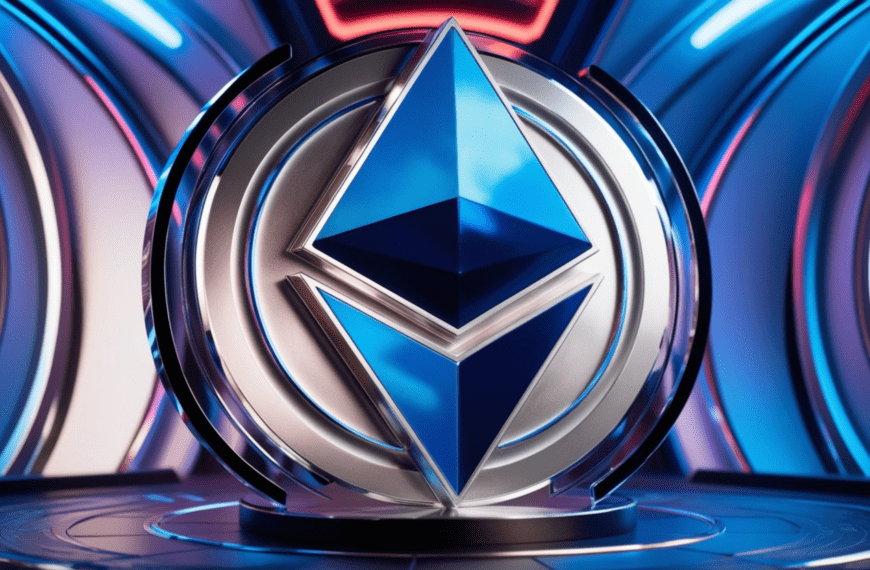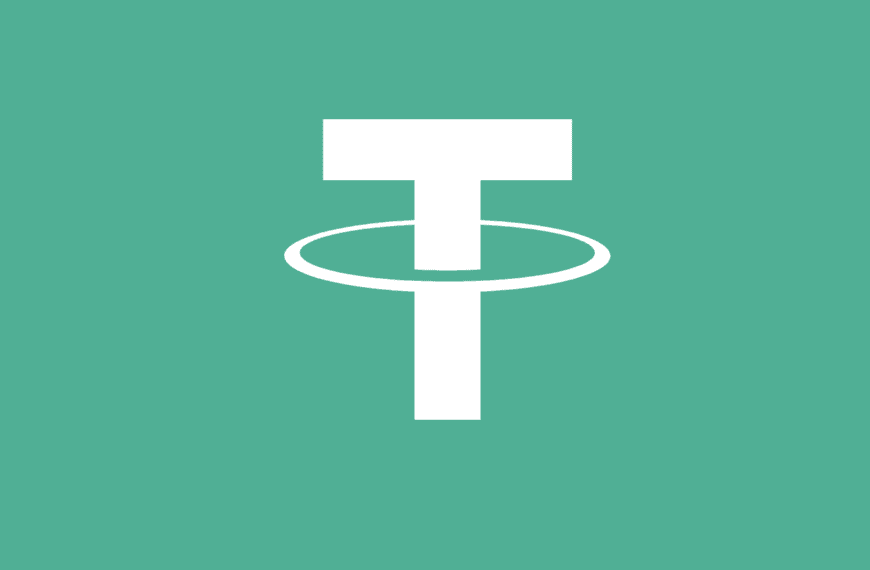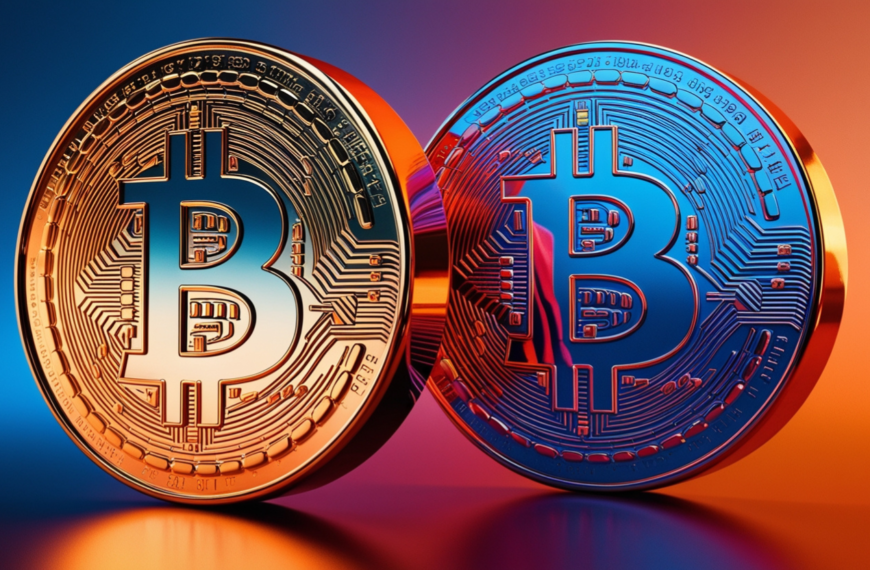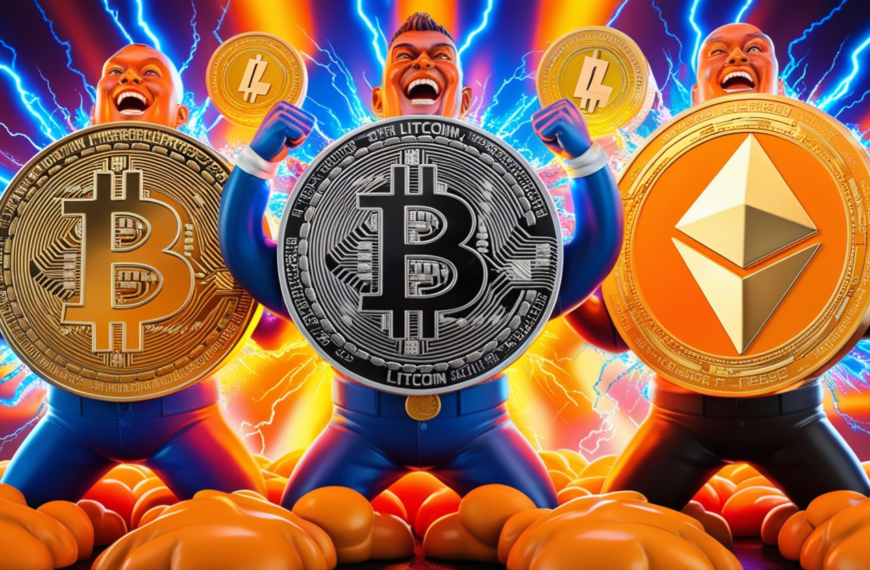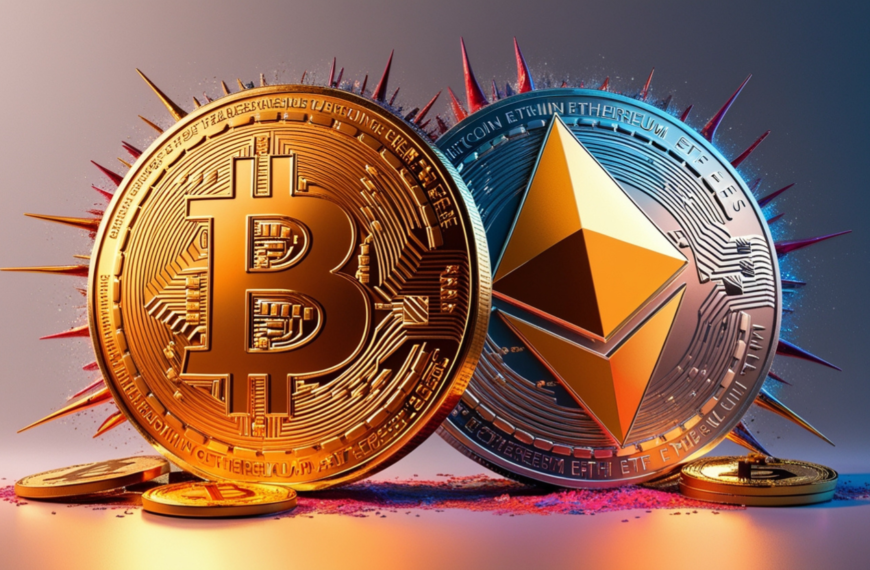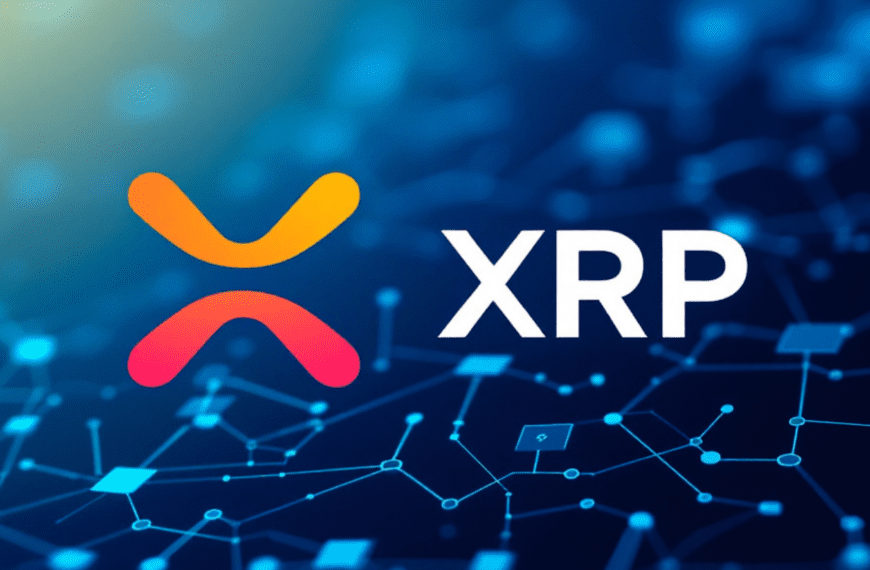Altcoins are alternative cryptocurrencies to Bitcoin. The term “altcoin” is a combination of “alternative” and “coin”. Bitcoin was the first cryptocurrency. After its success, many other digital currencies emerged. These are known as altcoins. They aim to improve upon Bitcoin or serve specific purposes. While Bitcoin remains the most popular, altcoins offer variety and innovation in the crypto world.

Understanding Altcoins
Altcoins operate on blockchain technology. They use decentralized networks to process transactions. Like Bitcoin, they offer a peer-to-peer system for payments. However, altcoins often have unique features. These features may focus on speed, privacy, or specific industries. Altcoins can also introduce new technologies to the blockchain space.
Why Do Altcoins Exist?
Bitcoin has limitations. It struggles with issues like scalability and transaction speed. Altcoins try to solve these problems. They also explore new use cases. For example, some altcoins focus on smart contracts. Others provide privacy features. By doing so, they expand the possibilities of blockchain technology.
Altcoins also promote competition. This pushes the cryptocurrency industry to innovate. It gives users more options and better solutions.
Types of Altcoins
There are several types of altcoins. Each type has unique features and purposes. Let’s explore the main categories:
1. Stablecoins
Stablecoins are designed to reduce volatility. They are tied to a stable asset like fiat currency or gold. For example, Tether (USDT) is pegged to the US dollar. Stablecoins are popular for trading and payments. They offer stability in the volatile crypto market.
2. Utility Tokens
Utility tokens are used within a specific platform. They provide access to services or products. For example, Basic Attention Token (BAT) is used in the Brave browser. Users earn BAT by viewing ads. These tokens fuel the ecosystem of their respective platforms.
3. Security Tokens
Security tokens represent ownership in a real-world asset. They can symbolize shares in a company, real estate, or other investments. These tokens are regulated and follow strict legal guidelines. They make traditional assets more accessible and liquid.
4. Privacy Coins
Privacy coins focus on anonymous transactions. They hide the sender, receiver, and transaction amount. Monero (XMR) and Zcash (ZEC) are popular privacy coins. They cater to users who value financial privacy.
5. Meme Coins
Meme coins are based on internet jokes or themes. Dogecoin (DOGE) is the most famous example. It started as a joke but gained massive popularity. Meme coins often lack utility but thrive on community support and hype.
6. Governance Tokens
Governance tokens give holders the power to vote on platform decisions. They help in decentralized governance. For example, UNI is the governance token of Uniswap. Holders can vote on changes to the platform. This promotes community involvement.
7. Forked Coins
Forked coins are created when a blockchain splits. This happens due to disagreements in the community. Bitcoin Cash (BCH) is a fork of Bitcoin. It was created to improve transaction speed and scalability.
8. Platform Tokens
Platform tokens support decentralized applications (dApps). They provide the foundation for other cryptocurrencies and smart contracts. Ethereum (ETH) is the most well-known platform token. Developers use it to build and operate dApps.
Benefits of Altcoins
Altcoins offer many advantages. Here are a few key benefits:
- Innovation: Altcoins introduce new technologies and features.
- Diversity: They provide a wide range of use cases and options.
- Lower Costs: Many altcoins have lower transaction fees than Bitcoin.
- Community Focus: Some altcoins prioritize user involvement through governance.
Risks of Altcoins
Altcoins also come with risks. Users should be cautious:
- Volatility: Prices can change drastically in a short time.
- Scams: Some altcoins are created to deceive investors.
- Limited Adoption: Not all altcoins achieve widespread use.
- Regulation: Some altcoins face legal challenges in certain regions.
How to Choose an Altcoin
Choosing the right altcoin requires research. Consider these factors:
- Purpose: Understand the coin’s goal and use case.
- Team: Look at the team behind the project. Are they credible?
- Technology: Evaluate the coin’s features and innovation.
- Market Performance: Check its price history and market cap.
- Community Support: A strong community can drive growth.
Also Read: What are the Meme Coins?
Disclaimer: The content provided here is for educational purposes only and is intended to raise awareness about cryptocurrency and blockchain technology. It should not be considered as financial or investment advice. Before investing in any cryptocurrency or token, we strongly encourage you to conduct thorough research, understand the associated risks, and make informed decisions (DYOR – Do Your Own Research). For detailed guidance, consult a qualified financial advisor.

